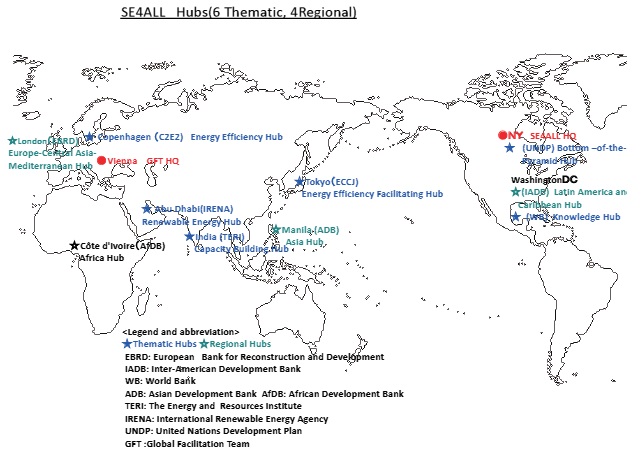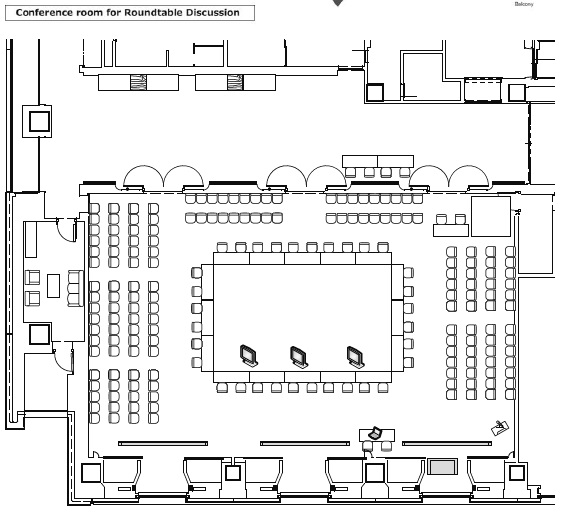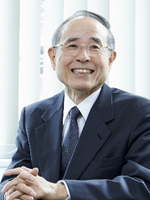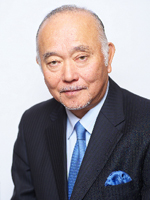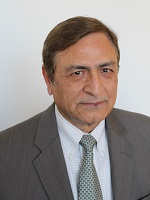Introduction
(1) Japan’s Initiatives for the Energy Efficiency & Conservation
Having faced tw o oil crises in 1970’s, Japan has taken steps to improve energy efficiency in both the public and
private sectors and now boasts the highest level of energy efficiency in the w orld. The Energy Conservation Center Japan, (ECCJ) has been contributing to these Japanese government initiatives since the crises.
Japan’s introduction and implementation of the Energy Conservation Law concerning the rationalizing of energy
usage such as the Energy M anagement System and the Top Runner Program and financial support system, “Stick and Carrots Policy”, has dramatically accelerated the development and introduction of energy conservation technologies and energy management system in the private and public sectors. M oreover, the other initiatives such as “smart community” demonstration projects are helping to realize energy conservation at the city level in japan. Based on these experiences obtained in Japan, for the developing countries, particularly w ithin Asia, Japan has played an active role in integrating the public and private sectors in developing human resources focused on promotion and dissemination of energy efficiency and conservation.
(2) ECCJ represents SE4ALL(Sustainable Energy for All) in the area of energy efficiency facilitating function
SE4All was created in 2011 by United Nations Secretary-General Ban Ki-moon and aims to achieve the follow ing
three goals by 2030 through comprehensive energy-related efforts.
• Ensuring universal access to modern energy services.
• Doubling the global rate of improvement in energy efficiency.
• Doubling the share of renewable energy in the global energy mix.
In order to make full use of Japan’s know ledge and experience in the activities of SE4ALL, as an international hub
for the promotion of energy efficiency, ECCJ expressed to United Nations on September 22, 2014 its letter of intent to actively promote the activities of SE4ALL. Prime Minister
Abe referred to this in his speech at the United Nations Climate Summit, declaring that he w ould create “an
international energy conservation hub in Tokyo.”
ECCJ represents the UN’s SE4All Energy Efficiency Initiative as One of 6 Thematic Hubs w hich is named “the Energy Efficiency Facilitating Hub” for the United Nations’ SE4All initiative. As one of its first contributions to the SE4All effort, ECCJ w ill host an international forum on October 29 and 30 in Tokyo, featuring international and Japanese experts to discuss and find possible solutions to the energy efficiency related issues on cities.


